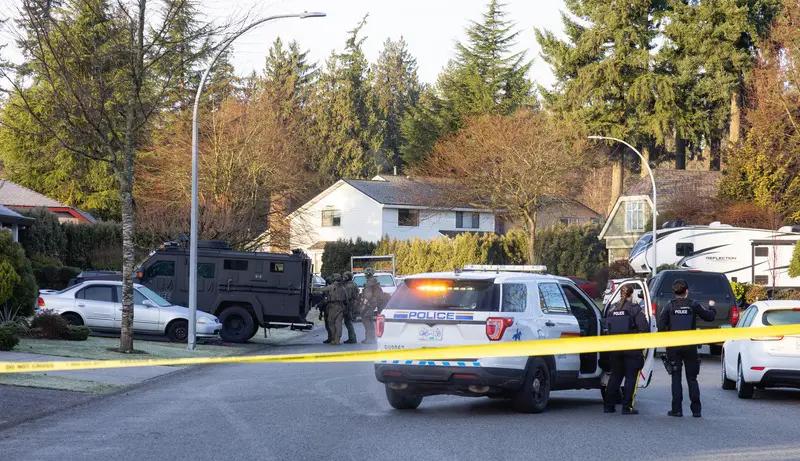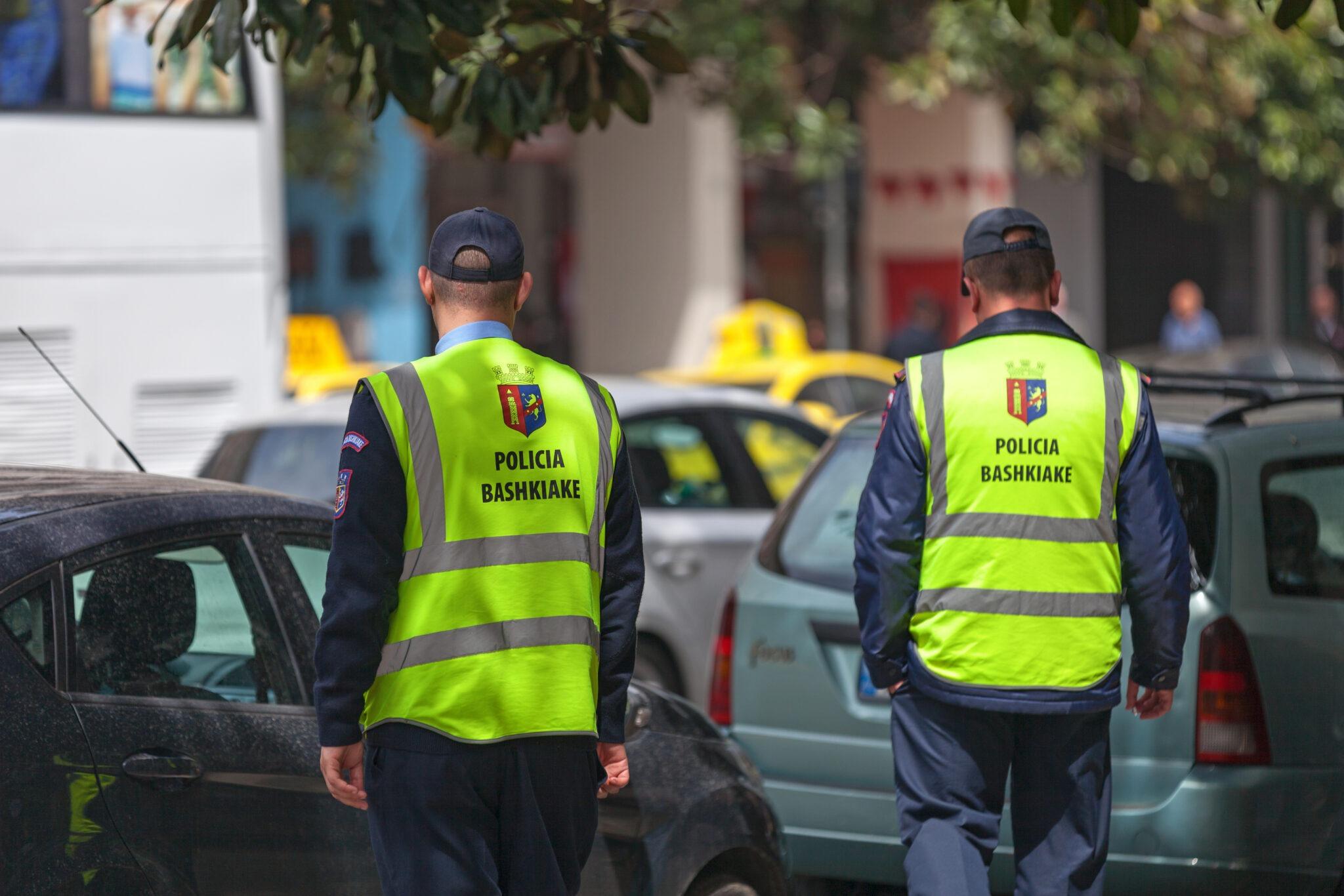Police in northern Mexico discovered 383 corpses piled indiscriminately throughout a private crematorium in Ciudad Juarez, leading to two arrests and exposing what authorities describe as gross negligence by the facility’s operators. The bodies were found stacked in various rooms of the crematorium, located approximately 10 miles south of El Paso, Texas.
Eloy Garcia, communications coordinator of the Chihuahua state prosecutor’s office, confirmed the discovery during investigations that began over the weekend. Garcia indicated that the bodies were “just thrown like that, indiscriminately, one on top of the other, on the floor.” All of the corpses had been embalmed but remained uncremated, with some potentially stored at the facility for up to two years.
The investigation revealed that families who entrusted their loved ones to the crematorium received “other material” instead of actual ashes, according to Garcia. He attributed the situation to the carelessness and irresponsibility of the crematorium owners, emphasizing that such businesses understand their daily cremation capacity limitations.
Forensic officials determined that among the 383 bodies, 218 are male, 149 are female, and 16 remain undetermined. The discovery emerged after initial reports suggested approximately 60 bodies were present at the site, but further investigation revealed the significantly higher number of improperly stored remains.
State Attorney General César Jáuregui Moreno met with families concerned that their loved ones may be among the recovered bodies. He pledged to seek the highest possible penalty for those responsible and conduct a thorough investigation while minimizing re-victimization of affected families.
One administrator from the crematorium voluntarily surrendered to prosecutors as the investigation continues. Authorities have not specified whether any of the discovered corpses belonged to victims of criminal violence, though Mexico has been grappling with high levels of organized crime-related deaths.
The discovery highlights ongoing challenges within Mexico’s forensic system, which has been overwhelmed by high numbers of bodies requiring processing, personnel shortages, and budgetary restrictions. The country’s mortuary and forensic infrastructure has struggled to keep pace with demand, particularly in regions affected by organized crime.
Members of the State Attorney General’s Office and Municipal Police maintained a presence outside the crematorium following the discovery. The facility’s operations have been suspended pending the completion of the investigation and legal proceedings against those responsible.
Garcia emphasized that crematorium operators cannot accept more bodies than they can process, noting that all such businesses should be aware of their operational limitations. The case underscores the need for proper oversight and regulation of private cremation facilities to prevent similar incidents.
The discovery occurred just one day before authorities found 20 bodies on a highway bridge in Sinaloa state, several of them decapitated, in an area where drug cartel factions have been engaged in violent conflicts. Four headless corpses were found by the roadside while 16 bodies were discovered inside an abandoned vehicle, with five human heads found in a bag at the scene.
The crematorium investigation continues as authorities work to identify the remains and determine the full extent of the facility’s mismanagement. Officials are examining whether additional legal violations occurred and assessing the impact on families who believed their loved ones had been properly cremated.
This case represents one of the most significant instances of crematorium negligence discovered in Mexico, where the forensic system has been strained by years of violence and inadequate resources. The incident has prompted calls for stricter oversight of private funeral and cremation facilities throughout the country.
Authorities indicated that the investigation will examine all aspects of the crematorium’s operations, including how families were deceived about the cremation process and what materials were provided instead of authentic ashes. The case has raised questions about regulatory oversight of private funeral facilities in border regions.
The Chihuahua state prosecutor’s office continues coordinating with multiple agencies to process the scene and identify the remains. The investigation represents a significant challenge for forensic teams already dealing with capacity constraints and resource limitations.
Garcia noted that some crematorium staff had abandoned their positions before the facility was raided, suggesting awareness of the improper conditions. The case has highlighted the vulnerability of grieving families to exploitation by unscrupulous funeral service providers.
The discovery in Ciudad Juarez adds to Mexico’s ongoing struggles with managing deceased individuals in regions heavily affected by organized crime and violence. The incident has underscored the need for comprehensive reform of the country’s forensic and mortuary systems to prevent similar cases of negligence and exploitation.







